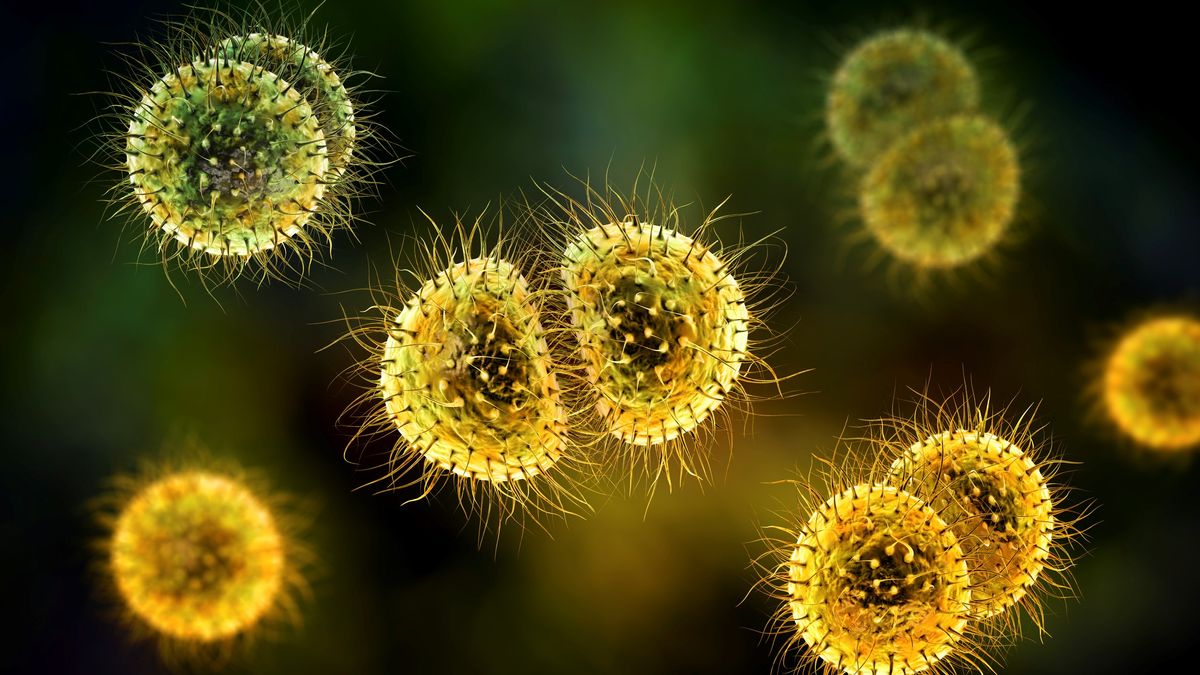
A large outbreak of meningococcal disease — a potentially deadly infection — has been reported among gay and bisexual men in Florida, according to health officials, who are urging people in these populations to get vaccinated against the disease.
Officials with the Florida Department of Health (opens in new tab) said on April 7 that the number of cases of meningococcal disease reported in the state this year had surpassed the state’s five-year average. The outbreak is primarily affecting gay and bisexual men in Florida, including people with HIV, according to the Centers for Disease Control and Prevention (CDC) (opens in new tab). Some cases have also been reported in people who traveled to Florida.
In response to the outbreak, the CDC is encouraging men who have sex with men and live in Florida to get the meningococcal conjugate vaccine, which is called the MenACWY vaccine. People in this population who are traveling to Florida should talk with their healthcare provider about getting the vaccine, according to the CDC..
In addition, the Florida health department recommends the meningococcal conjugate vaccine to the following groups during this outbreak: College and university students, people with weakened immune systems (immunocompromised) and people with HIV.
Multiple cases of meningococcal disease have also been reported among Florida college students over the last few months, but at this time, there is no evidence that the cases among college students are related to the larger outbreak among men who have sex with men, CDC officials said.
Related: 28 devastating infectious diseases
Meningococcal disease is a rare but serious illness caused by the bacterium Neisseria meningitidis. The most common types of meningococcal disease include meningitis, an infection of the membranes that line the brain and spinal cord, and bloodstream infections, according to the CDC.
The disease is spread through respiratory secretions, meaning saliva, according to the CDC. It generally takes close or prolonged contact with an infected person to spread the disease. For example, kissing or being close to someone who is coughing can spread the disease, according to the CDC.
Symptoms of meningitis include fever, headache, stiff neck, nausea, vomiting, light sensitivity and confusion. Symptoms of bloodstream infections with N. meningitidis include fever, chills, fatigue, vomiting, cold hands and feet, severe muscle aches, rapid breathing, diarrhea and, in late stages of the disease, a dark purple rash, according to the CDC.
The disease can be treated with antibiotics, and treatment should begin as soon as possible. The condition is extremely serious — even with antibiotics, 10 to 15 people out of every 100 people with meningococcal disease die from it, according to the CDC.
In the general population, people at risk for meningococcal disease include babies, teens and young adults, and people with certain medical conditions, including HIV, which weakens the immune system.
In the current outbreak among men who have sex with men in Florida, “unfortunately, it seems that was the population that was struck first, and this virus spreads through close prolonged contact,” Jill Roberts, an assistant professor at the University of South Florida who specializes in molecular epidemiology, told local news outlet WTSP (opens in new tab). “There is nothing special about Neisseria that it particularly wants to spread in that population.”
Originally published on Live Science.








